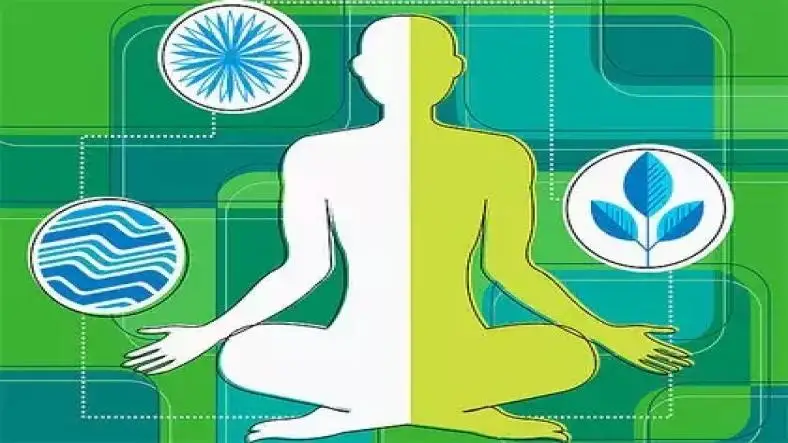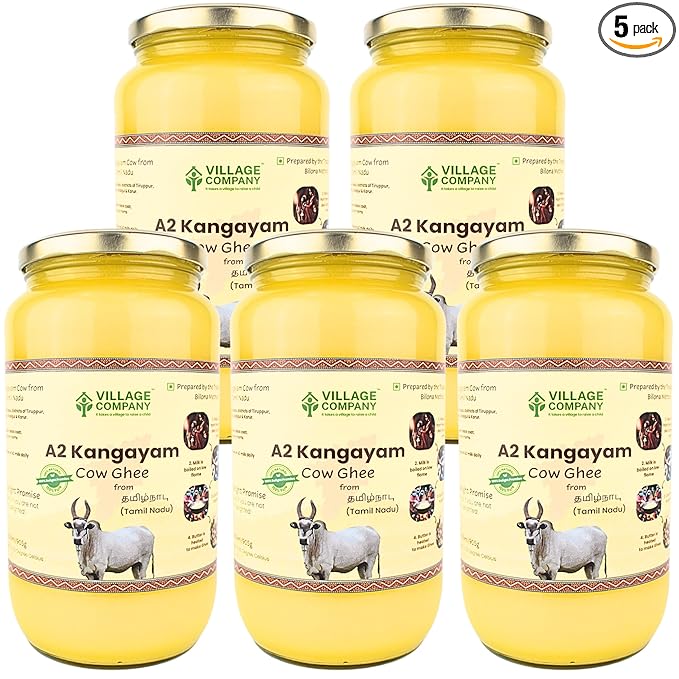Boosting your attention and ability to function effectively can be greatly enhanced through the practices of meditation, exercise and adequate sleep.
Here’s how these elements contribute to improved cognitive functioning and overall well-being:
Meditation
- Reduces Stress: Meditation helps lower cortisol levels, reducing stress and anxiety which can negatively impact focus and cognitive function.
- Improves Concentration: Regular meditation practice enhances your ability to concentrate and sustain attention on tasks.
- Increases Grey Matter: Studies show that meditation can increase grey matter density in brain regions associated with memory, learning and self-awareness.
- Enhances Emotional Regulation: It helps in managing emotions, leading to a more stable and calm mental state which is conducive to better focus.
- Mindfulness: Practicing mindfulness meditation teaches you to stay present, reducing the distractions that can impede your attention.
How to Incorporate Meditation:
- Start Small: Begin with just 5-10 minutes a day and gradually increase the duration.
- Guided Meditations: Use apps like Headspace, Calm, or Insight Timer for guided sessions.
- Consistency: Practice daily, preferably at the same time each day to build a routine.
Exercise
- Boosts Brain Function: Physical activity increases blood flow to the brain, enhancing the delivery of oxygen and nutrients essential for cognitive function.
- Improves Mood: Exercise releases endorphins, which can improve mood and reduce symptoms of depression and anxiety.
- Enhances Memory: Regular exercise has been linked to improved memory and cognitive function.
- Reduces Fatigue: It increases overall energy levels, reducing feelings of fatigue which can impair focus.
- Promotes Neurogenesis: Exercise stimulates the growth of new brain cells, particularly in the hippocampus, which is vital for learning and memory.
How to Incorporate Exercise:
- Find What You Enjoy: Choose activities you enjoy, whether it’s running, swimming, yoga, or dancing.
- Set Realistic Goals: Aim for at least 30 minutes of moderate exercise most days of the week.
- Mix It Up: Incorporate a variety of exercises to keep things interesting and engage different muscle groups.
Sleep
- Restores Cognitive Function: Adequate sleep is crucial for brain health, helping to consolidate memories and clear out toxins.
- Improves Concentration: Good sleep quality enhances attention span, problem-solving skills and decision-making abilities.
- Regulates Mood: Proper sleep helps regulate mood and reduces stress, contributing to a calmer mental state.
- Boosts Immune System: Sleep supports the immune system, reducing the likelihood of illness that can impair cognitive function.
- Enhances Learning: During sleep, the brain processes and consolidates new information, aiding learning and retention.
How to Improve Sleep Quality:
- Establish a Routine: Go to bed and wake up at the same time every day, even on weekends.
- Create a Sleep-Friendly Environment: Ensure your bedroom is dark, quiet and cool.
- Limit Screen Time: Avoid screens at least an hour before bed as blue light can interfere with sleep.
- Avoid Stimulants: Limit caffeine and alcohol intake, especially in the evening.
- Practice Relaxation Techniques: Engage in calming activities before bed, such as reading, taking a warm bath, or practicing gentle yoga.
Integrating Meditation, Exercise and Sleep into Your Routine:
- Morning Routine: Start your day with a short meditation session followed by some physical activity, such as a brisk walk or yoga.
- Midday Breaks: Take breaks during work to do some light stretching or a quick workout and incorporate brief mindfulness exercises to reset your focus.
- Evening Wind-Down: Establish a calming pre-sleep routine that includes relaxation techniques, such as meditation or gentle stretches, to prepare your mind and body for restful sleep.
By integrating meditation, regular exercise and quality sleep into your daily routine, you can significantly enhance your attention, cognitive function and overall well-being.
Thanks for reading the article, for more lifestyle related articles read our peoples blog articles.















